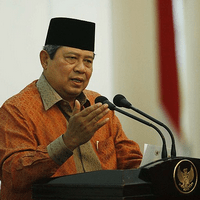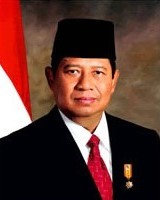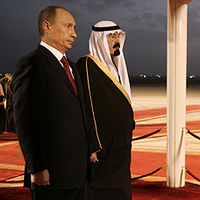
On Oct. 1, the People’s Republic of China celebrated the 60th anniversary of its founding, most notably with an air show and military parade along Beijing’s Orwellian-sounding Avenue of Eternal Peace. The event showcased China’s arsenal of indigenously made fighter aircraft, tanks and newer-generation Dongfeng missiles, capable of delivering nuclear warheads to targets over 11,000 kilometers away. This was hardly the first time an authoritarian government has used a military review to impress its citizens and outside observers. And China has used non-martial events to display its national pride, confidence and strength. In many ways, last year’s Beijing Olympics served […]






